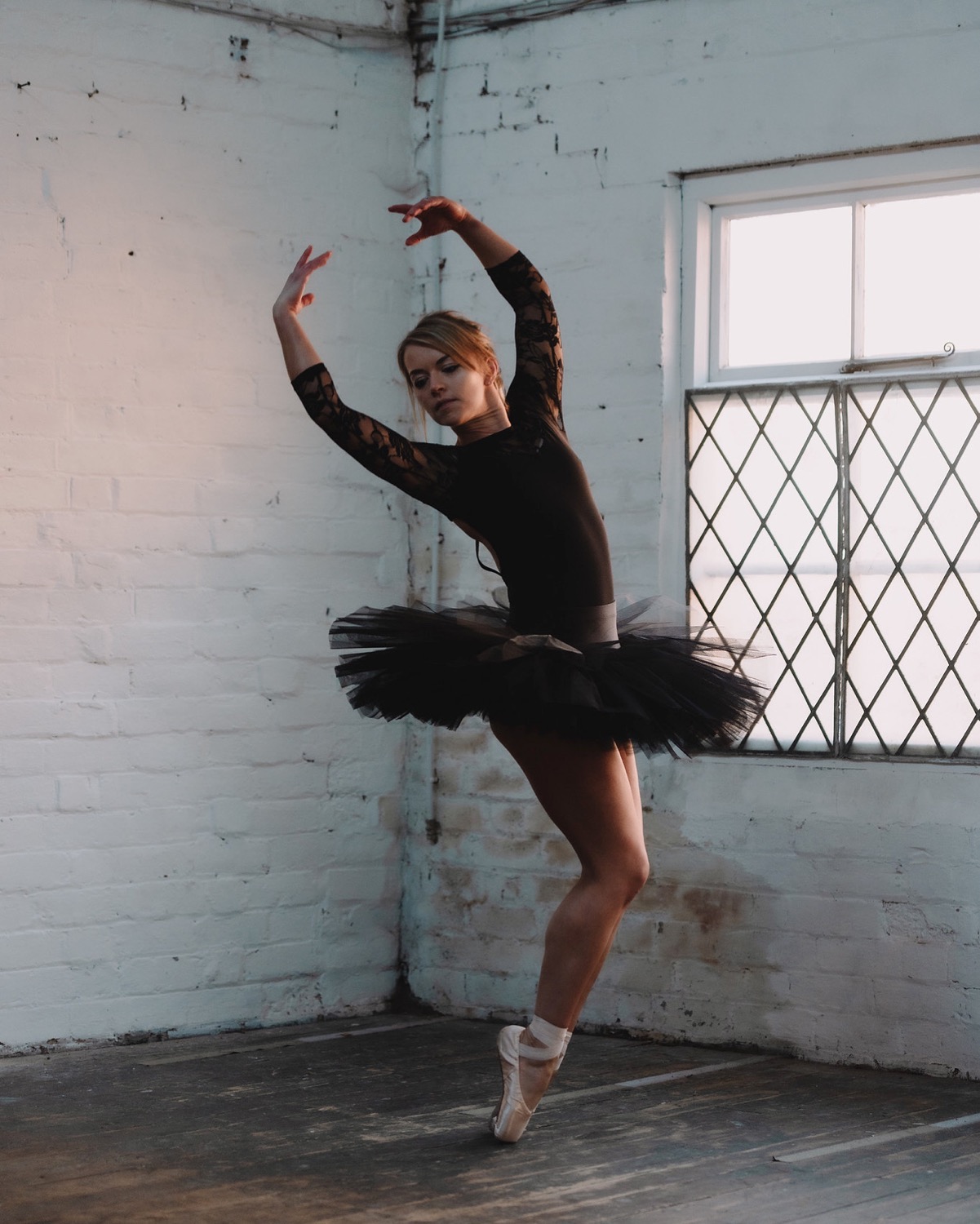What is average anyway.....
- Amie Kuhne

- Feb 19, 2023
- 3 min read
There are tonnes of generic sleep schedules, wake window and developmental plans and apps out there for new parents and it can seem like a minefield. Not only are many of them different causing confusion, they are all based on 'average' .

WHO IS AVERAGE?
There will always be the 'average' baby or child which fits these moulds, plans and schedules but there are always many children either side of what is considered 'average'. An average is taken using a sample number of participants whose data is collected, this data is then analysed and from the results of the sample participants an average is found by dividing the results by the number of participants.
For example, if there are 3 participants, Baby A naps for 3 hours, Baby B Naps for 2 hours, Baby C naps for 1 hour. The 'average' will be two hours. Yet only 1/3 of the participants fall into this 'average' category.
So while averages are a useful starting point for many, there are babies and children who will sit either side of 'average' with their needs for sleep, and their own needs should be considered and factored in.
BABY & TODDLER MILESTONES
Babies and toddlers also develop and achieve milestones at different times, for example, your baby may learn to sit at a different age than that of all his friends, they will babble their first words and walk at different times. Of course there is an 'average' age for all of these milestones, and often these average ages are still across several months. For example, the Pampers website sites 10 - 18 months for when a baby usually walks which is a huge time frame!
BUT WHAT ABOUT SLEEP?
Just like adults, babies and children have their own individual sleep needs. Some are naturally able to stay awake for longer periods perfectly happily without if affecting their sleep, while others need more sleep more frequently.
All of their developmental milestones also affect their sleep, for example, an 11 month old who is walking will be potentially expending more energy than an 11 month old who is not yet walking, and therefore potentially, this increased energy expenditure along with the acquisition of a new skill, may mean that at this moment in time they require more sleep than their non walking counterpart.
SO WHAT DOES THIS MEAN?
This means that if a generic sleep plan or app with wake windows isn't working for you and your child, this does not mean your child has problems with sleep, it simply means you're potentially trying to fit a square peg into a round hole.
Look at what isn't working, if your baby isn't tired enough when you're trying to put them down to sleep, look at extending their wake windows. If your baby is exhausted and over tired by the time you're putting them down, look at shortening them. If night time sleep is being affected by a late nap, look at reducing or removing this nap.
Use and trust your instincts and your baby's cues. While a generic plan online may tell you a baby should be having 2 naps at 14 months old, but your baby is refusing the second nap or not going to sleep til 9pm, then reduce or remove a nap, and if this improves their one nap and their over night sleep, great!
I NEED HELP
Working out your baby's sleep needs can be daunting and it can also cause worry that you may disrupt them or make their sleep more unbalanced that it currently is.
This is where working with a professional can help you look at your little one's current schedule, the issues you're facing and where they are in their development and whats going on in their home life and help you to build a schedule that works for your individual.
Help!
If you would like more help with your child's sleep I can help create a tailor made plan for your family based on your individual needs. Explore my packages for something that suit you



Comments